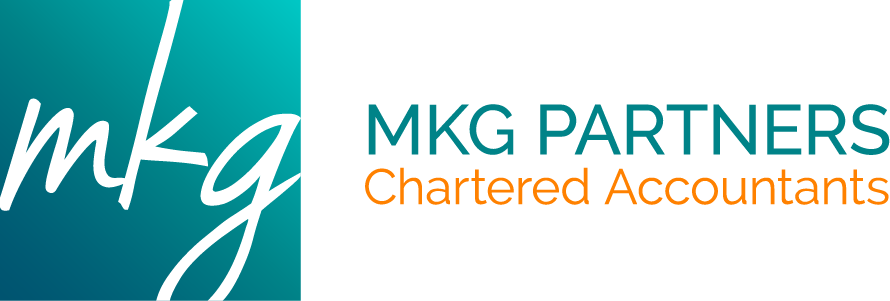Should You Still Keep Hard Copies of Your Receipts?
Managing records has come a long way, with digital storage offering an easier and more organised approach to keeping track of important documents like receipts. The idea of scanning and storing your receipts digitally is appealing—it saves space, reduces clutter, and is environmentally friendly. But what about those stacks of paper receipts taking up space in your drawers? Can you safely toss them after digitising?
Here’s what you need to know about the rules and benefits of going paperless, and whether holding onto those hard copies is still necessary.

What Do the Rules Say?
ATO generally allow the use of digital copies of receipts as long as they meet specific criteria. For a digital record to replace a paper receipt, it must be:
- Accurate: The digital version should be a true and clear reproduction of the original. Blurry scans or incomplete captures might not hold up if questioned.
- Secure: Your digital storage system must protect the integrity of the record. It’s essential to prevent unauthorised alterations and ensure the information remains unchanged over time.
- Accessible: You must be able to retrieve the record promptly and provide it in an acceptable format (such as a readable PDF) if required during an audit or inquiry.
- Compliant: The digital record must meet the same standards as the original paper document for tax and legal purposes.
For more detailed information, refer to the ATO’s guidelines on digital record keeping for businesses.
Why Go Digital?
The shift to digital receipts isn’t just permissible—it’s practical and beneficial. Here’s why:
- Clutter-Free Organisation: Say goodbye to messy piles of receipts and hello to a clean, searchable digital archive.
- Easy Access: Retrieve your records anytime, anywhere, especially useful during tax time.
- Durability: Paper receipts fade, tear, and get misplaced. Digital versions are safe from physical damage.
- Environmental Impact: Reducing paper waste is a small but meaningful step toward sustainability.
The Bottom Line
For most individuals and businesses, keeping hard copies of receipts is no longer necessary. Digital records, when created and stored correctly, are just as valid and far more convenient.
By incorporating tools like Hubdoc into your workflow, you can confidently embrace a paperless system while meeting compliance requirements.
Simplify Receipt Management with Hubdoc
Digitising receipts doesn’t have to be a hassle. Tools like Hubdoc make the process seamless and reliable. With Hubdoc, you can:
- Snap and upload receipts instantly from your phone.
- Automatically fetch bills and statements from your accounts.
- Store all records securely in the cloud, ensuring compliance with tax laws.
- Integrate effortlessly with accounting software like Xero or QuickBooks Online.
Hubdoc not only digitises your records but also organises them efficiently. Want to learn more about how Hubdoc can transform your document management? Check out our full blog: Simplify Your Document Management with Hubdoc.
For most people and businesses, keeping hard copies of receipts is no longer necessary. Digital records, when created and stored correctly, are just as valid and far more convenient. Tools like Hubdoc make it easy to go paperless while ensuring you remain compliant with record-keeping requirements. At MKG Partners, we specialise in helping individuals and businesses streamline their financial processes. Whether you’re transitioning to a paperless system, navigating compliance requirements, or simply seeking tools to improve efficiency, our team is here to guide you every step of the way. Contact us today.


